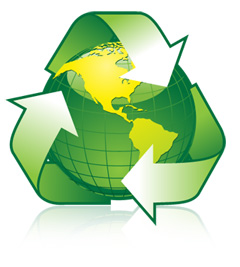-
FIND A CONTRACT CLEANER - Locate a Cleaning Professional
-
FIND DRY ICE - Dry Ice Service Sheet
-
LEARN MORE - What can I clean?
- What is Dry Ice Cleaning?
- Industry Case Studies
-
ENVIRONMENTALLY RESPONSIBLE - Environmental Facts
- Environmental Cleaning & Surface Preparation
- Compare to other Cleaning Methods
Environmental Facts
Cleaning with Dry Ice is Clean and Safe

- Dry ice is an approved medium by the EPA, USDA & FDA, and is non-toxic, non-hazardous and inhibits mold & bacteria growth
- Dry ice cleaning has been effectively used in EPA, USDA, FDA, AIB and GFSI inspected/certified facilities
- Dry ice cleaning is safe to use with food processing equipment
- Dry ice cleaning does add harmful gases into the atmosphere
- Dry ice cleaning is safe and non-toxic (once particles impact the surface they dissipate into the atmosphere)
- Dry ice cleaning reduces or eliminates employee exposure to the use of dangerous chemical cleaning agents
- Dry ice cleaning does not generate secondary waste
- Environmental Cleaning & Surface Preparation
Other cleaning methods are not Environmentally Responsible
- Sand, soda, or water blasting can leave toxic secondary waste to be cleaned up in addition to the toxic substrate
- Sand, soda, or water blasting can create downstream contamination that effects surrounding installations
- Soda blasting can kill surrounding vegetation
- Chemical and solvent cleaning methods are toxic, which creates toxic waste to be disposed of
- Workers are exposed to potentially harmful substances through the use of chemicals and solvents
- Read how Dry Ice Cleaning compares to other industrial cleaning methods
Completely Environmentally Friendly
In addition to being clean and safe, it is also important to remember that dry ice is obtained as a byproduct of other industrial processes - i.e. it is made from reclaimed CO2. It does not produce CO2 or add CO2 to the atmosphere and therefore does not contribute to the greenhouse effect.
